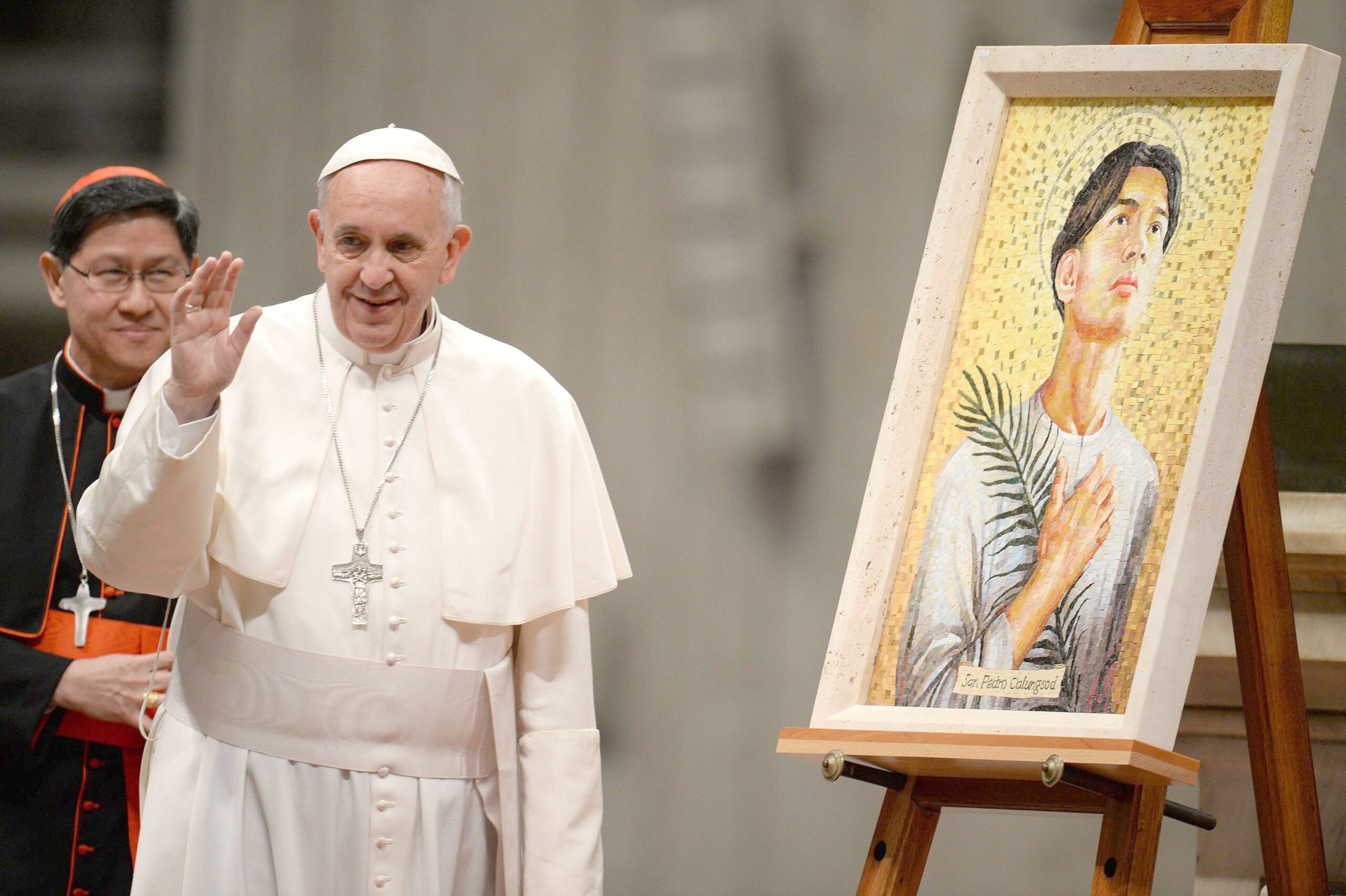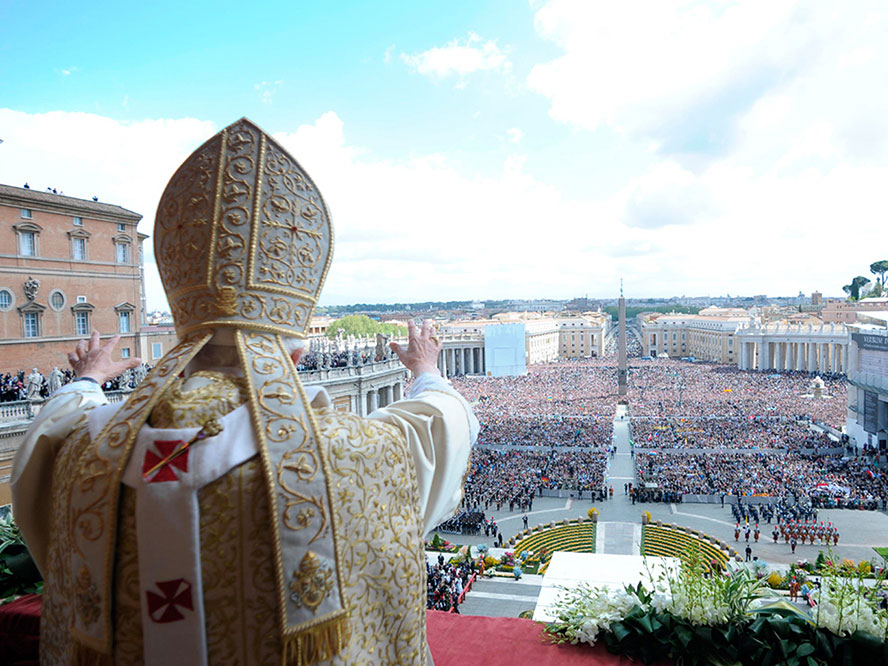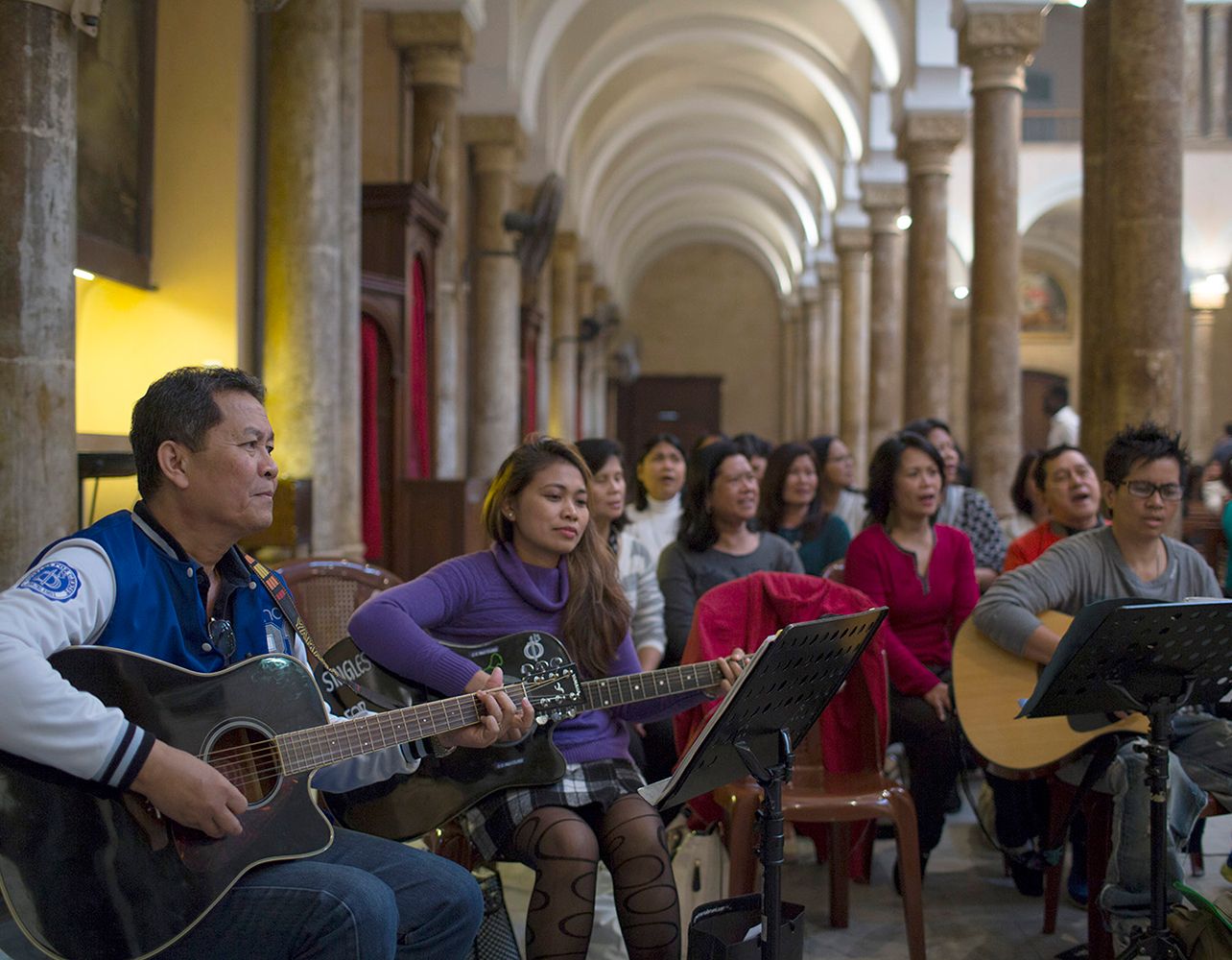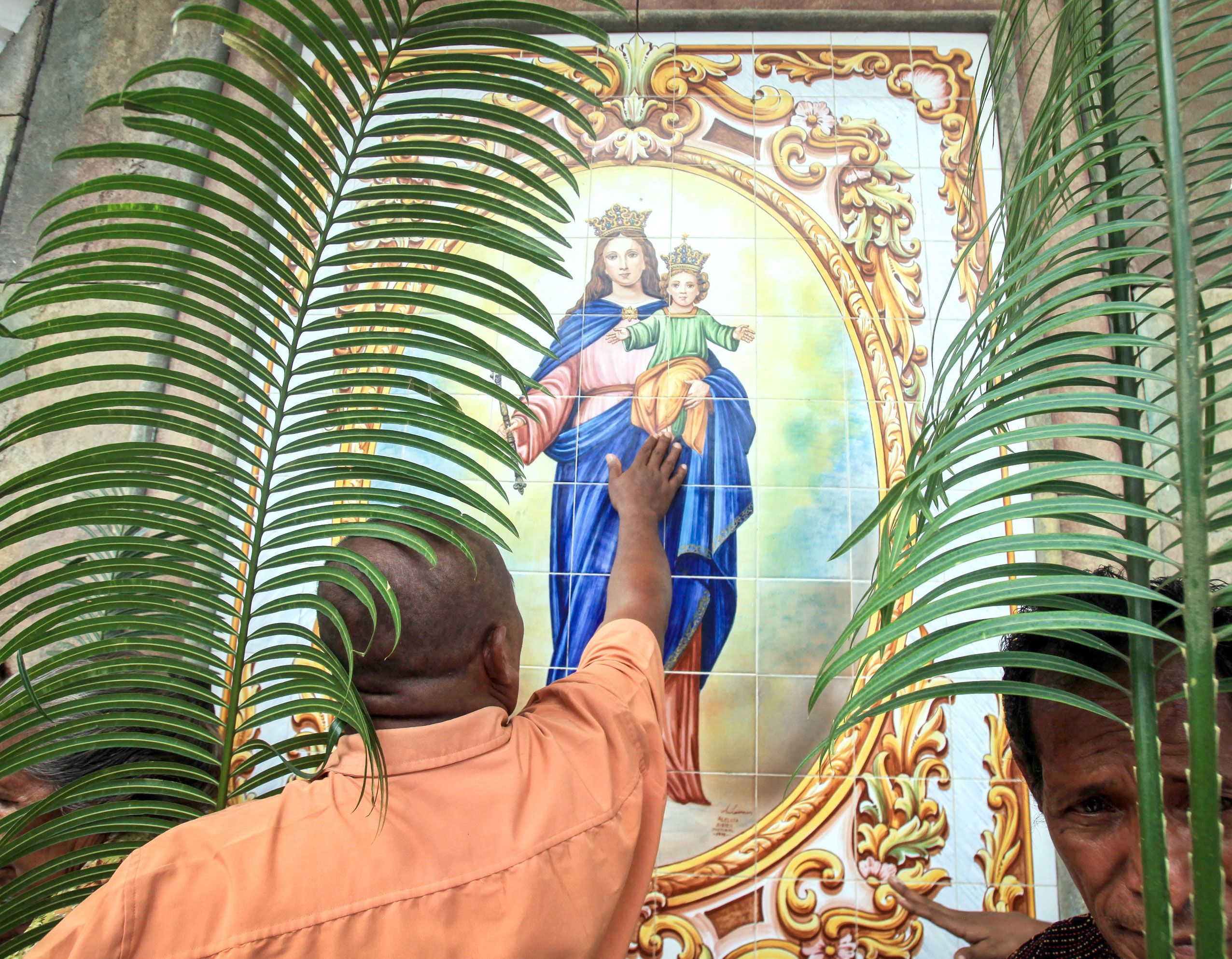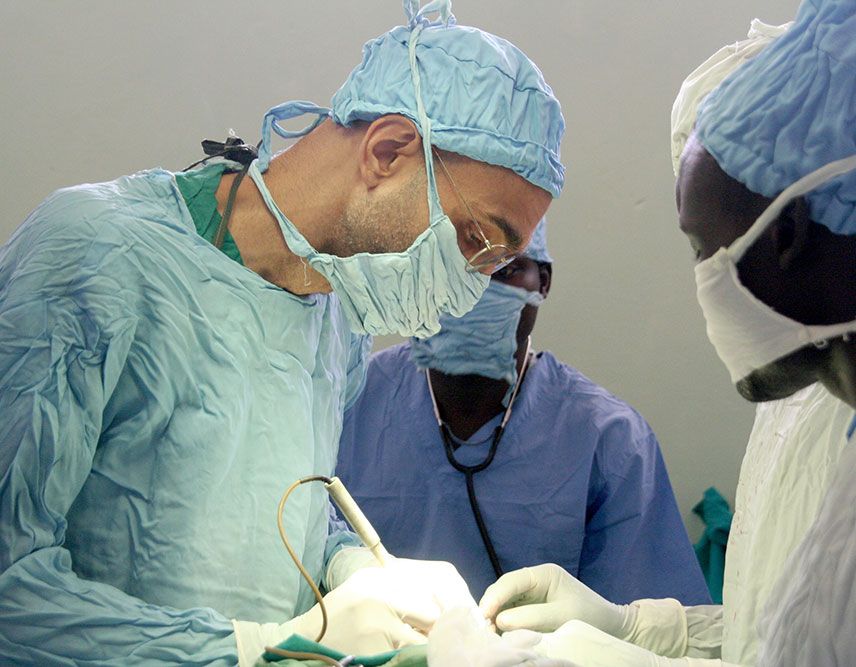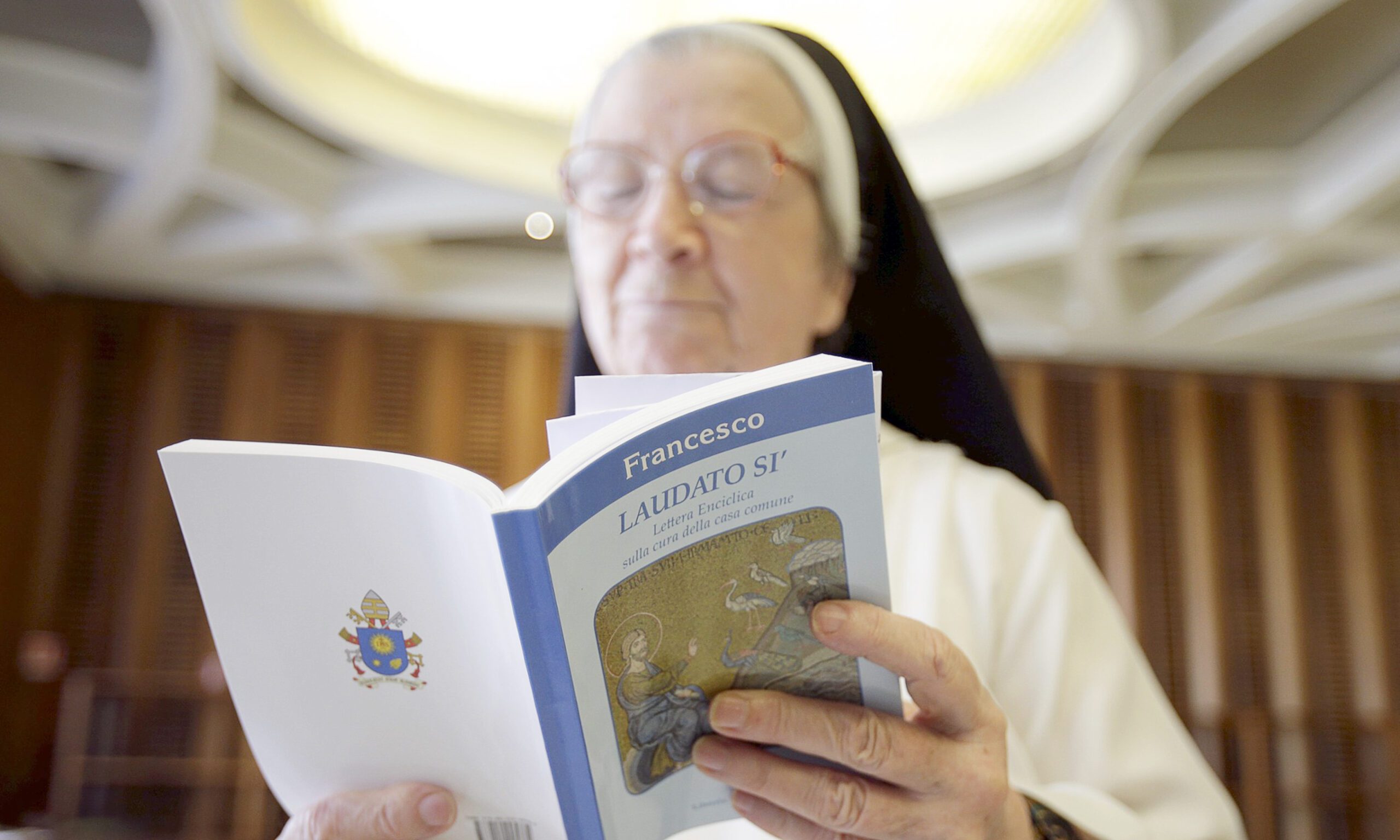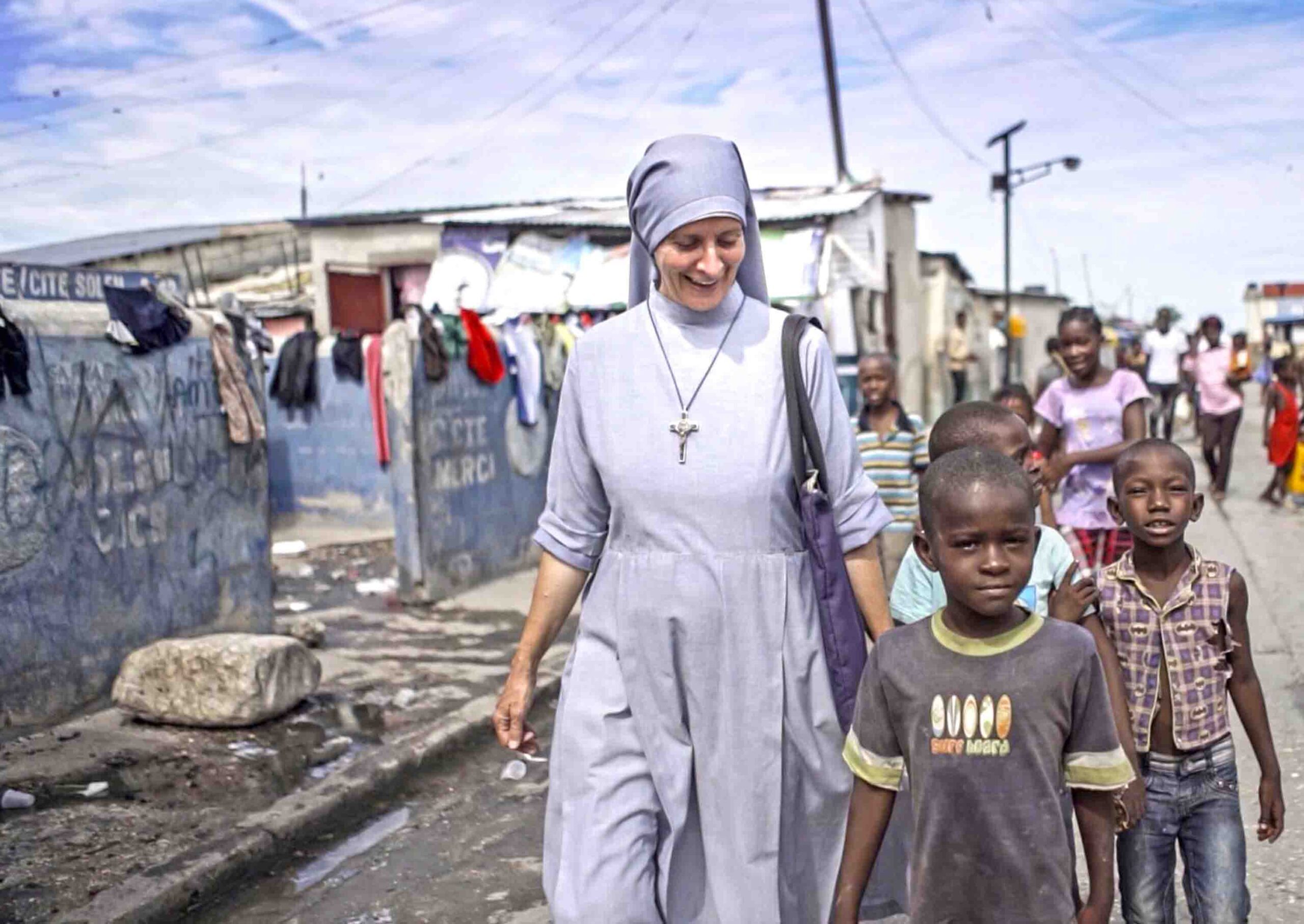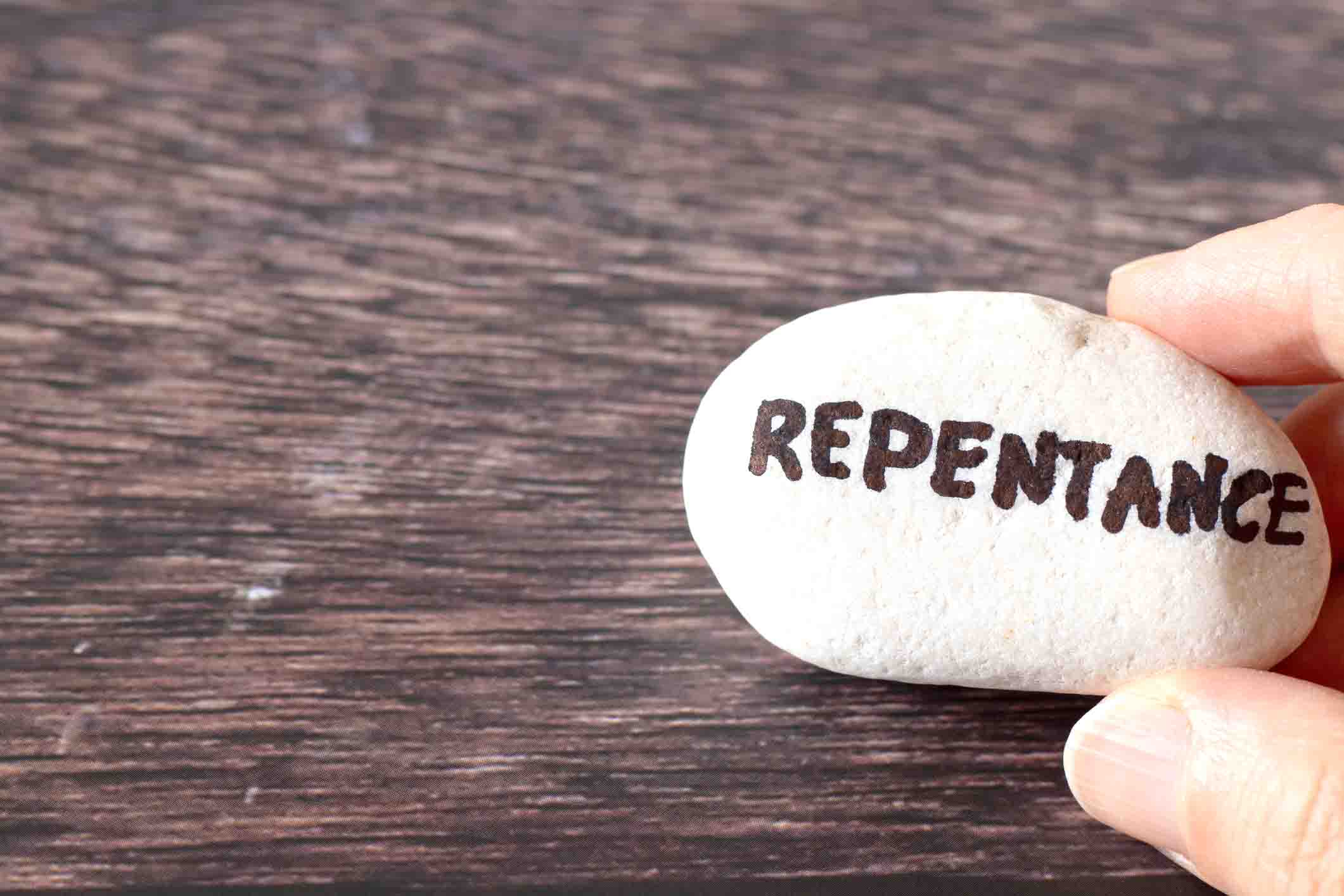The poor you will always have with you” is perhaps the most enigmatic line in the four Gospels. Too often, it is used as an excuse not to intervene in behalf of those who do not share equitably in the gifts of God’s creation. It is a fatalistic response if taken boldly. The main issue for all of humanity is found in the Kingdom prayer – “Give us this day our daily bread.”
This enigmatic comment appears shortly before Jesus’ execution when He is a guest at the house of Simon, the leper, where Jesus’ feet are anointed by Mary (the fact that He is with a leper, a marginalized person in society, means that Jesus Himself is tainted by association). This account is told in three of the four Gospels, which underscores certain significance. Strangely, it is not mentioned in Luke’s, often referred as the Gospel of the Poor because of the centrality Luke gives to them. The thinking of Jesus’ time was that the rich were blessed or favored by God while the poor were viewed as responsible for their own dire straits. This is a view that has been threaded through history and embraced by many today. Yet Jesus upends this worldview when he said: “How hard for the rich to enter the Kingdom of God.” The disciples were astonished at this. “Who then can be saved?” Popular thought held the rich were saved, the favorite of God.
Luke demonstrates the change brought by Jesus when he is quoted as saying: “Blessed are you, poor,” and “Woe to you, rich!” If “the poor you will always have with you,” is perhaps the most enigmatic line in the Gospel, the most cynical is Luke’s judgment of the rich as having such hardness of heart that even if someone were to rise from the dead, the rich would not be convinced to change their ways.
Of the three Gospels, only John mentions the motivation behind why the price of the ointment was not given to the poor. “This he (Judas) said, not that he cared for the poor but because he was a thief and, as he had the money box, he used to take what was put into it.” The episode mirrors the fact that, often, the poor are used by those who are the bank for the needy but mainly serve themselves first. A critic of government aid programs, Graham Hancock, lambasted the bureaucrats managing them as the primary beneficiary of public monies, and called them ‘lords of poverty.’ He argued that governmental aid programs should be largely eliminated as they failed to put the poor first.
To understand “the poor you will always have with you,” one needs to look at a larger context. An observant Jew would have understood this quote as a reference to Deuteronomy 15: 7-10. It admonishes the faithful to act in behalf of those in need, with an open-handed, not a hardhearted or tightfisted, attitude. The teaching emphasizes lending freely whatever is needed, giving generously and not grudgingly. Implicit is the notion that everything comes from God and belongs to God. We are only stewards of what is God’s and, therefore, urged to be good stewards. This is the Judeo-Christian understanding of creation.
Life is change
Life has cycles of bust and boom. Employment will shift due to social, political and technical changes. Harvests will be uneven. When Joseph went down from Canaan to Egypt, it was due to a famine in the former and a bountiful harvest in Egypt. People, historically, immigrated when times were bad in one place, seeking a more prosperous geographic location. My father and mother were immigrants because it was difficult to survive in the land of their birth. Fortunately, they were able to find a promised land. Immigrants largely leave home because they cannot survive in their place of origin. If they were, people wouldn’t take the risk of going to a strange land to survive.
Many Arab countries were terribly impoverished until the discovery of oil. They may well be impoverished in the future when the planet will no longer be dependent on fossil fuel. Zimbabwe was the breadbasket of Africa until the dictatorship of Robert Mugabe reduced the country to an economic and social chaos where people are unable to feed themselves. Norway and Sweden lost many of its people to immigration but today enjoy the highest standard of living in the world, and have eliminated poverty within their countries. Individuals can lose their financial wellbeing through poor choices, bad judgment or the loss of rewarding work and be plunged into poverty. Others have gone from rags to riches. Life is dynamic, not static, and change is the only permanent thing as Heraclitus noted centuries ago.
Hence, “the poor we will always have with us” is due to the vicissitudes of climate, political malfeasance, and personal calamities that can come from within the person or from outside (or both). As Deuteronomy instructed, we are to be generous and not begrudging to those in need. Again, for a person of faith, we respond, out of a desire, to be good stewards of what is God’s, knowing, while we may at one moment be blessed with abundance, that the tables can be reversed suddenly and we may need the generous stewardship of others. That is why we should view the petition in the Kingdom prayer as provisional with its emphasis on our daily bread.
In the Kingdom of God teaching, Jesus is biased toward the poor, bringing them especially good news. In Luke’s Gospel, Mary expresses this bias sharply, “He has put down the mighty from their thrones, and has exalted the lowly. He has filled the hungry with good things, and the rich He has sent away empty.” This seems like class warfare with the rich and poor pitted against each other, antagonistic to one another. It is remarkable the attack on the rich, for in Jesus’ time they were, in comparison, infinitesimally less rich than today, when a small fraction of persons disproportionately enjoy the wealth of the planet. “A study by the World Institute for Development Economics Research at United Nations University reports that the richest 1% of adults alone owned 40% of global assets in the year 2000, and that the richest 10% of adults accounted for 85% of the world’s total. The bottom half of the world adult population owned 1% of global wealth. Moreover, another study found that the richest 2% own more than half of global household assets.” More recently, the London School of Economics drew more succinctly the stark picture of economic inequality. It states that, today, only 300 persons have the wealth equivalent to 3 billion human beings! Review their devastating report at http://blogs.Ise.ac.uk/indiaatlse/2013/04/11/global-wealth-inequality-what-you-never-knew-you-never-knew.
If only 1% of the people of Jesus’ world owned the bulk of the resources, it would become more easily understandable the Gospel’s severe criticism. Simply put, they were not good stewards of what is God’s. Then, as now, the rich are bad stewards as they primarily use their wealth to accumulate more rather than share more freely and generously.
The Beatitudes: “Blessed are those who hunger and thirst for justice, for they shall be satisfied,” and “Blessed are those who are persecuted for justice sake, for theirs is the Kingdom of God.” Justice is mentioned twice in the eight beatitudes. There is a consuming passion implied here: that there should be no rest until justice is realized. This is the longing of the Kingdom of God’s righteousness: that justice becomes incarnate on earth as it is in heaven.
Charity is not the answer
Unfortunately, charity has been a substitute for justice. It is often viewed as the largess of the giver rather than the needs of the recipient. Dom Helder Camara, the late archbishop of Recife, Brazil, is remembered for his observation: “When I fed the poor, they called me a saint. When I asked: “Why are they poor?” they called me a communist.” Charity often is concerned with symptoms, not causes. He also commented: “When shall we have the courage to outgrow the charity mentality and see that, at the bottom of all relations between rich and poor, there is a problem of justice?”
Recently, Pope Francis visited Brazil, and as he toured one of the Rio de Janeiro’s slums, he called upon the rich to do more for the poor. It is refreshing that he is highlighting the plight of the poor but his statement is vague. It seems to be an appeal for the rich to be more charitable. But, in truth, the poor would prefer justice rather than charity. Structural changes are the only means of enabling the poor to have an equitable share of the gifts of God’s creation. John Allen, a journalist, traveling with the Pope in Brazil and reporting on his visit to this slum, noted that John Paul II visited a similar one in 1980 – yet, in the intervening 33 years, the underlying problems hardly disappeared.
The challenge of how to translate justice into concrete and specific structural changes, which will enable all people – not simply the poor – to have an equitable share in the goods of creation, remains. Socialism and communism attempted to address structural change. Democracy, on the other hand, has been more about equality of persons, particularly in terms of political participation. It doesn’t directly address structural changes for the sake of true equity within a society. As a result, capitalism has flourished practically unchecked in democratic societies. Capitalism has, specially in this dominant modern global version, no moral compass when it comes to the distribution of wealth (Ed. Note: Societies like Norway, Sweden or Denmark, envied for their high levels of social wellbeing and equality of opportunities, opted for a government regulating capitalism that created what is called a welfare state; this was patterned from what is usually called a social-democrat model. But, even in a country like GreatBritain, where the model was coined after the war, inequality is now one of the highest; the same is happening in other European countries.) The hunger and thirst for true justice continues as the world continues to grow in greater disparity in sharing the gifts of creation.
An alternative economic model that is slowly attaining attention throughout the world is establishing cooperatives. The most successful model is one founded in Mondragon, Spain. Since its inception in the 1950’s, it has been one of the sustained economic growth while the capitalistic model operative in Spain has gone through repeated fluctuations. “And, as Spain struggles through double-dip recession, fierce austerity and 26% unemployment, this is one company that is not about to collapse. Nor has it shed many jobs, with the workforce remaining steady at around 84,000 people worldwide – about a sixth of them outside Spain.” Mondragon is a sterling example of an alternative economic structural model which is based on a more just participation and distribution of the fruits of labor. While there are many Catholic and Christian champions of capitalism, fewer persons promote the more just model of economic equity similar to Mondragon.
Inequity is rampant
That the richer are richer and the poorer are poorer than ever is truer than ever. Perhaps the greatest inequity in human history is happening right now. The poorest 50% of the world’s population owns barely 1% of the world’s wealth, while the top 1% possesses nearly half of the world’s wealth. The world population is currently over 7 billion people. Three and a half billion persons have only 1% of the world’s resources for their daily bread while 700 million persons obscenely enjoy approximately half the world’s wealth. Eighty percent of humanity survive on less than $10 U.S. dollars a day. These are more fortunate than 2.7% billion struggling on less than $2 a day and over a billion persons who have but a $1 a day for their daily bread. The world’s richest 20% consume 76.6% of the world’s resources, the world’s middle class, 21.9%, and the world’s poorest 20% consume just 1.5%. The most vulnerable of this inequity are the children of the poor.
Statistics generally don’t move us to action. Statistics turns people into an abstraction. A study claimed that the rich are not moved because they are distant from the plight of the poor, have little or no interaction with them as persons. Isolation dampens any sense of solidarity. People were often cautioned not to forget their roots when they rose to success. It is cautionary advice that many failed to heed. In the Judeo-Christian perspective, everything we have is a gift of God, not of our doing. Hence, acknowledging that we ourselves are nothing but for the grace of God, and in sharing freely and joyfully becomes an act of thanksgiving to the Giver of all gifts.
In the parable of the rich man, Jesus advised him to go and give what he had to the poor, and then come and follow Him. Interesting here is that Jesus does not say give it to Me and I will be the middleman and share your possessions. The insistence for the rich man to go to the poor themselves is the opportunity for the rich man to encounter the poor as persons and hence become one with them in solidarity. When one encounters the face of poverty, the poor cease to be a statistic but has a face. People are moved to intervene not by statistics but when poverty is seen as a person. Peter Singer in his challenging book, “The Life You Can Save,” reports a study which indicate levels of response. When a story was published that food shortages were affecting more than three million children in Mali, and a single child was identified with a name, more persons responded to the latter which gave a face to three million children at risk. Mother Teresa is remembered for her comment: “If I look at the mass, I will never act. If I look at one, I will.”
The inequity of the world is so overwhelming that paltry acts of charity will not make a dent in the lives of the majority on the planet who live lives of quiet desperation. Only structural acts of justice will begin to create the new creation envisioned in the concept of the Kingdom of God. The instruction of Deuteronomy to lend freely and generously was, historically, limited to members of the same Semitic tribe. It didn’t apply to the larger world. The instruction reflects more acts of charity than creating structures of justice. This is undoubtedly the biggest challenge which the world has yet to resolve. Capitalism is overwhelmingly the financial engine that moves the world and capitalism is totally indifferent to how wealth is distributed. Profit is the bottom line of capitalism. This clashes with the belief that the person takes precedence.
Unless there is a structural correction, economic disparity will continue, causing a worsening chasm. As long as inequity has no structural restraints, the poor we have will always be with us – but we must add some billions more, as the planet’s population keeps growing. Such a doomsday scenario can be worsened by other factors. Some commentators have cautioned that a perfect storm of global warming and economic inequity is looming on the horizon, and can represent, at a global level, what happened in pre-Colombian America to rich but careless civilizations which just vanished, in spite of their sophistication. Charitable giving can do more harm than good when justice is not passionately pursued; when we don’t hunger and thirst for it, and are not ready to suffer persecution for it’s sake. Archbishop Camara once more said: “When I asked why are they poor, they called me a communist.” He was vilified for his passion for justice, being pejoratively nicknamed ‘the red archbishop.’ His efforts to intervene in behalf of the poor were thwarted by the military dictatorship in Brazil. But it didn’t stop his passion for justice. Persons working with and in behalf of the poor were termed “leftists” and were targeted by death squads, particularly in dominantly Catholic South America. To discredit them, political labels were tagged on persons acting in the spirit of Jesus who had compassion for the multitudes.
Searching for alternatives
True justice is the right relationship between persons and things. The vision of the Kingdom of God is based on God’s justice, that all persons are equal, “for God respects persons,” and all are to have an equitable share in the gifts of creation for creation is God’s and we can, at best, be good stewards of what is not ours. The Letter of James states emphatically that to give special attention to the rich is an occasion of sin. Yet the unabashed bias of the Gospel is to favor the least one first. The bottom line of discipleship remains in Matthew 25, “Whatever you do to the least ones, you do to Me.” This is radical, yet good news for the masses who still suffer from inequality and inequity.
Jesus’ prescription to the rich man, to go sell what he has and give it to the poor, is revelatory that trusting the poor, like all people, will bring them to act in their own best interest. What the poor lack is the means, often money, to achieve sustainable life goals. Helping the poor may be as simple as handing them money, with no strings attached. Michael Yglesias reports on a program by the Ugandan government: In 2008, in a very poor section of the country, the government provided a year’s worth of average income to young people aged 18-34. “Give money to a person whose only job prospects are low-paying and unpleasant and perhaps he’ll simply respond by working less. That kind of income support would increase human welfare, but not really create any economic growth. But that’s not what happened.” Recipients, instead, invested most of the grant in skills and business assets. There was a 49% earnings boost after two years and a 41% after four years. In addition, recipients worked 17% more hours.
Poverty is caused by a lack of capital. The rich have capital and, consequently, can multiply their wealth. But nothing times nothing equals nothing – which is the plight of the poor.
Small change (charity) may allow a person to obtain bread for a day but a substantial amount (justice) enables poor persons to lift themselves up the economic ladder. Unless there is substantive structural intervention in behalf of the poor as in the Ugandan government experiment, the number of the poor will simply continue to grow. This does not bid well for the common good of humanity as there will become a tipping point where the poor will explode ‘like a raisin in the sun.” (Ed. Note: In a way, that has started to happen, with the hopeful and peaceful protests of the Arab Spring, which later degenerated in strife and social chaos and contaminated several countries. Even in European countries, submitted to harsh austerity measures and where unemployment keeps growing, instability and violent clashes are now constant. Democracy itself is at stake. Greece, the birthplace of democracy, is the most affected by the turmoil. The result: the quick growth of a Neo-Nazi political force; meanwhile, far right populist movements are blooming in the European continent.)
The population of the world today is over 7 billion people. It is estimated that, by 2050, the population will expand between 8.3 billion and 10.9 billion with the largest growth among the poorest countries on the planet. If 2.7 billion struggle on less than $2 a day, that number will expand dramatically. More than ever, the Beatitude to hunger and thirst for justice, is imperative. It is easy to decry secularism but what structural models of justice are Christians offering as hope for humanity? Secularists are more apt to imagine new possibilities here because this is the only life for them. An overdeveloped sense of an afterlife leads one to dismiss the importance of the present. Yet, the Incarnation is the wedding of God to this world of God’s creation, to the here and now. This is the perspective that has been, alas, too often lost.
Charity is not the answer but may be an impediment to establishing structures of justice for all of God’s children. Unless justice becomes imperative, “the poor will always be with us,” only more than we can even imagine!


